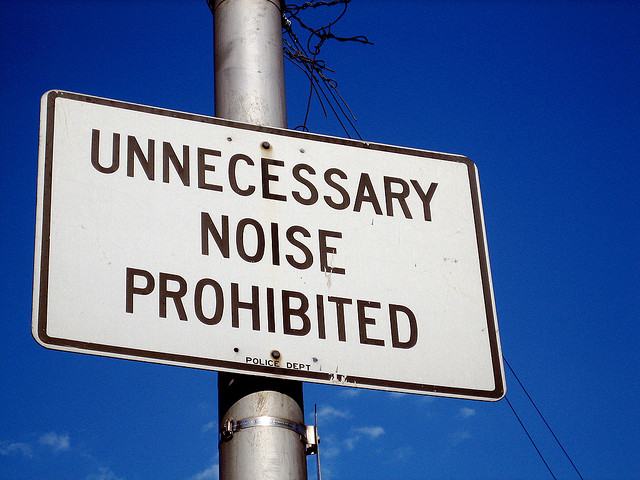
Ian Brookes is a freelance writer and editor based in Scotland. He has edited a number of dictionaries and has written books about spelling, writing, and punctuation. In this post, he looks at the anomaly of double consonants in certain English words.
The presence of doubled consonants in certain words can present a great challenge for students attempting to get to grips with English spelling. The sound of a word will often give an idea of whether a single letter or a double is required, but it is quite possible for two words to sound alike and yet for one to be spelt with a single consonant and one with a double. Why is there only one ‘b’ in habit but two in rabbit? Why should there not be a double ‘l’ in auxiliary when the letter is doubled in ancillary?
Examples like these might suggest that students will look in vain for any rational pattern. But, in fact, English spelling is not entirely arbitrary; it is just that the spellings of English words reflect the origins of the words rather than their sounds. Rabbit is spelt with a double ‘b’ because it comes from a Flemish word robbe; habit has one ‘b’ because it comes from a Latin word habitus. English has taken its vocabulary from a variety of languages, and each of these languages has its own spelling patterns. The presence of words from different languages side by side in modern English leads to some apparent inconsistencies in its spelling.
So, my first point is that any information you have about the origin of a word can be useful in determining its spelling. This information may come from thinking about the spellings of other words within the same word family: for example, if you can think of perennial and millennium as being members of the same word family as annual (they are all derived from a Latin word meaning ‘year’), you can be confident that these words will be spelt with a double ‘n’.
Some learners may even be able to apply knowledge of the language from which the words came into English. (This is why contestants in spelling-bee competitions sometimes ask for word origins before giving an answer.) Loan-words from Japanese or from Polynesian languages, for example, do not usually have doubled consonants, whereas words from Germanic languages are more likely to have them.
For most students, however, the origins of English words are even more obscure than their spellings. So a more practical strategy for remembering tricky spellings is to learn or make up a little phrase that acts as a reminder. I still remember how to spell necessary from being told that ‘it is necessary for a shirt to have one collar and two sleeves’ (so I think of it having one ‘c’ and two ‘s’s). Here are a few more memory guides along the same lines:
This accommodation has two double rooms and two singles (double ‘c’ and ‘m’, single ‘d’ and ‘t’).
A committee should have as many members as possible (double ‘c’ and double ‘t’).
The show was a success and they doubled their money (double ‘c’ and double ‘s’).
I find such devices to be a powerful learning tool. Not only that, but the model is entirely flexible, so that students can devise their own memory guides, using their own native languages and employing contexts that are meaningful to them, as a way of remembering tricky spellings.
What useful phrases have you taught to your students to help them remember tricky spellings? Share them in the comments below.


Reblogged this on hungarywolf.
There’s a little mistake. For the word “committee”, double “m” (Not souble c).
Also forgot to add the double ‘e’s, which would only add to the sayings effectiveness
Not “souble” c
Double C
One that always gets me is parallel but looking at it through new eyes now thanks to your article I see that the parallel lines in the middle make it a doddle! dodle? doddel?
[…] words do not always look exactly how they sound. In a previous post I looked at the presence of double letters in some words as one of the causes of spelling difficulty. In this post I will look at another: the […]